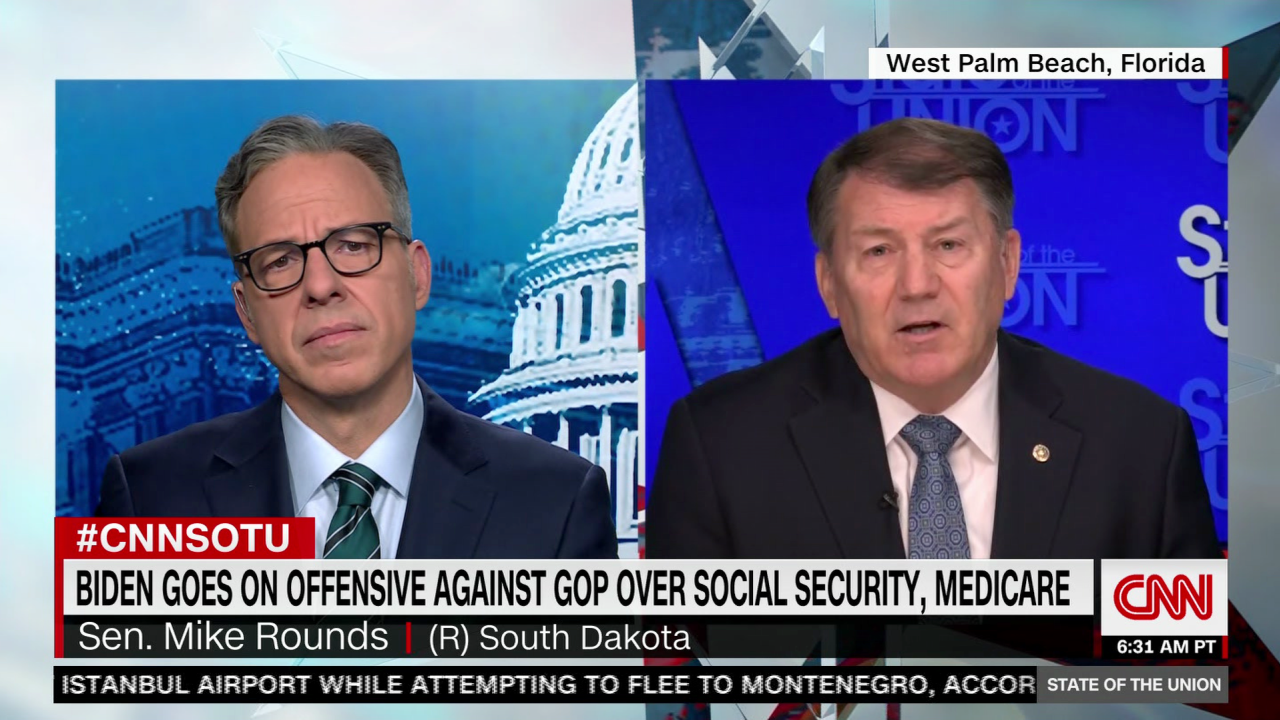Rising Deficits Signal a Crisis
The federal government is on a dangerous path, with projections showing a staggering $124 trillion deficit looming over Social Security and Medicare between 2024 and 2054. This reality reflects a system skewed towards benefiting the wealthy at the expense of younger, working Americans who are left to shoulder the financial burden. This is not merely a financial issue; it is a social justice crisis that disproportionately impacts marginalized communities.
Wealth Redistribution to Wealthy Retirees
Entitlement programs, once deemed essential for protecting the most vulnerable, have morphed into mechanisms that redistribute wealth from the younger population to the older, wealthier demographic. According to National Review, 34 percent of total Social Security spending goes to individuals earning over $100,000 per year, raising questions about the fundamental fairness of these programs.

Mike Rounds warns Congress must take action now to protect Medicare and ...
Misguided Policies and Unsustainable Benefits
The benefits offered by Social Security and Medicare have become increasingly generous, yet the funding mechanisms fail to keep pace. As reported by the Social Security Administration, the current funding structure is unsustainable, with payroll taxes only covering 6.3 percent of GDP while combined Social Security and Medicare spending is projected to reach an astonishing 17.6 percent of GDP by 2054.
Historical Context of Entitlement Programs
Originally designed to support the elderly and disabled, these programs have expanded significantly, often without the necessary reforms to ensure their sustainability. The 2025 Medicare Trustees Report highlights that the current trajectory of spending is not only unsustainable but morally questionable, especially when one considers the increasing wealth gap in the U.S.

Yellen to talk tough on money market funds in NABE speech
Political Accountability is Essential
Despite the clear financial implications, politicians across the spectrum continue to avoid serious discussions about entitlement reform. Voters are left in the dark, with few leaders willing to confront the realities of the situation. The urgency for reform must be recognized; otherwise, we risk a fiscal crisis that could devastate the very safety nets that many depend on.



![[Video] Gunfire between Iraqi security forces and Sadr militias in Baghdad](/_next/image?url=%2Fapi%2Fimage%2Fthumbnails%2Fthumbnail-1768343508874-4redb-thumbnail.jpg&w=3840&q=75)
